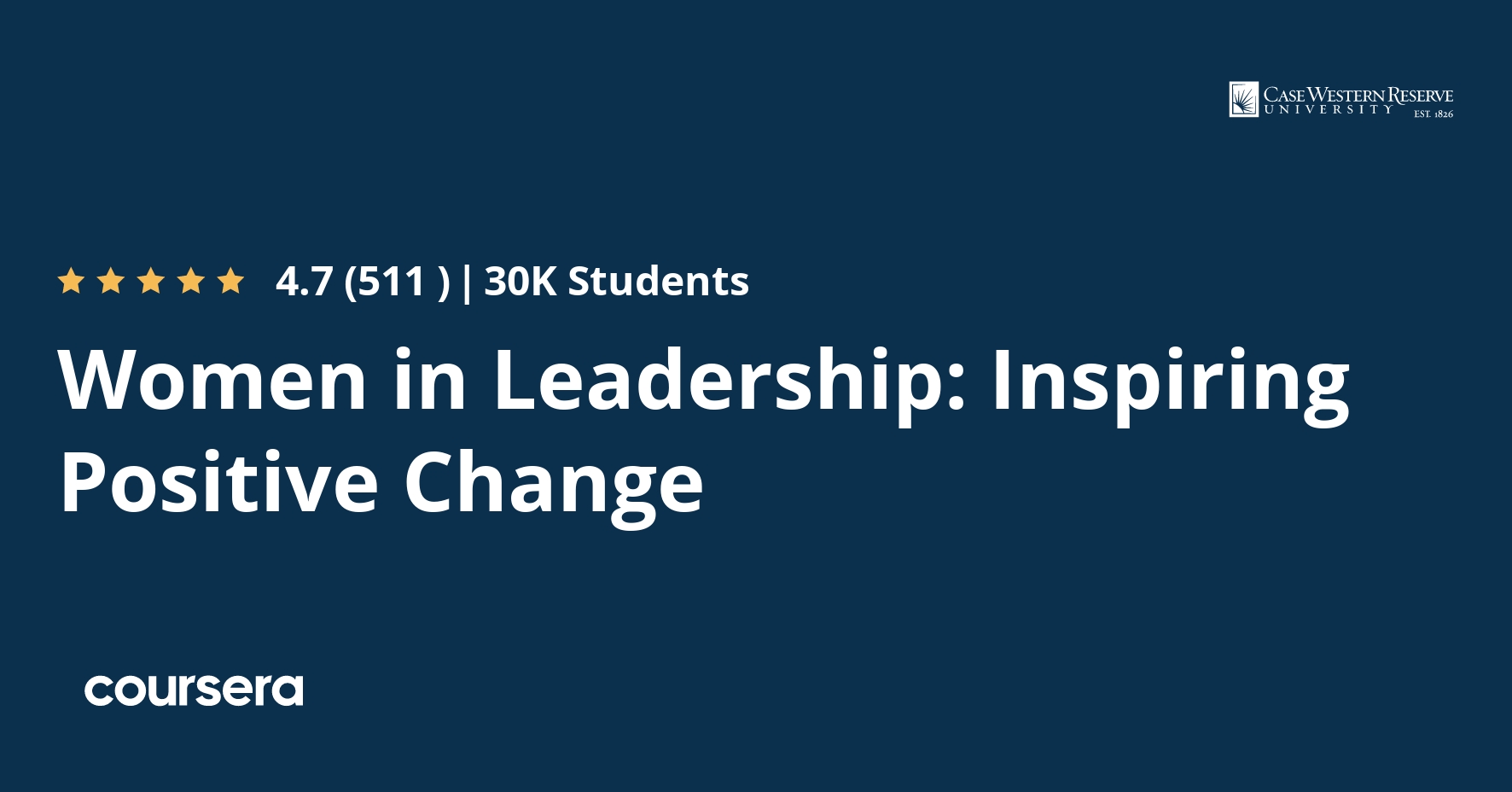Description
This course aims to inspire and empower women and men across the world to engage in purposeful career development and take on leadership for important causes—to lead change with more conviction and confidence—and improve our workplaces and communities for all. By offering more complex understandings of issues related to professional women and work, the course will help you increase self-knowledge about your own values and vision, as well as enhance your capabilities as a leader, manager, and team contributor. We will examine the opportunities, challenges, trade-offs, and organizational dynamics experienced by women in work organizations, as well as reflect on and practice effective individual behaviors.
The course aims at answering questions such as: What are the valued attributes and behaviors of women in the workplace? How does the gendered nature of organizations impact women? What derails our career advancement and what propels us upward? What are your leadership goals and aspirations? How can you best integrate your multiple family and work life commitments? How do you define career success? What can organizations do to provide women with opportunities to excel? What opportunities could our global economy harness by advancing women to leadership? How can the full talents of the workforce be tapped into and developed?
The course is about leadership and inspiring change, but at its core it is meant to inspire and empower women and men across the world to engage in purposeful career development and take on leadership for important causes, to lead change with more conviction and confidence, and improve our workplaces and communities for all. Your involvement in the course activities is essential to help you learn these concepts and develop the necessary skills to implement them. If you watch the videos and read the required articles you will be introduced to some intriguing ideas. If you do the personal reflective exercises and complete the final project you will convert those ideas into relevant experiences to enhance your life and work. Going beyond your personal relevance, your potential learning will expand to understanding and working with others more effectively through either the Discussion Forums in the course or through face-to-face discussions (some of you are taking the course in groups). Each week, we will post reminders, changes, and other relevant announcements.
What you will learn
WEEK 1: Yourself as a Leader—Developing your Leadership Identity
This week describes the objectives, learning goals, key questions and overview of this course, “Women in Leadership: Inspiring Positive Change!” Current research on organizations in the US and globally is examined to identify women’s leadership strengths, styles and aspirations. We then focus on leading with authentic purpose. We define inspiring leadership and discuss the strategies of high achieving women. Values and leadership vision are discussed in the context of developing the identity of a leader.
WEEK 2: The Current State of Women’s Leadership at the Top!
This module focuses on the representation and status of women in senior leadership positions in organizations and governments across the world. We focus especially on statistics depicting the representation of women executives and directors on corporate boards, and address why women at the top matter, the nature of the glass ceiling phenomenon, and what countries are doing to address and remedy the glass ceiling effect. We then examine organizational, interpersonal and individual level barriers and challenges that constrain the advancement of women. We define and provide examples of important concepts such as second generation gender bias and the accumulation of disadvantage. Strategies to overcome barriers and challenges that are known to work for women are discussed next.
WEEK 3: Women’s Leadership Presence
This week we discuss the so-called “gender confidence gap” where women are seen to have lower self-confidence for leadership than men, and then redefine and reframe self-confidence as a combination of authenticity, self-efficacy, adaptability and resourcefulness, and persistence and grit. The module brings in one of Dr. Bilimoria’s doctoral students to talk about her own self-confidence journey. Finally we provide some tips about demonstrating self-confidence through voice and effective non-verbal communication. Next we focus on navigating politics and gaining influence in organizations. We define organizational politics and power, and discuss strategies to respond positively to political situation in organizations and deploy power and influence. We discuss the role of unwritten rules in organizations, how to develop social capital to build relationships and form alliances necessary for effective performance and career development.
WEEK 4: Leadership Tools for Women
This week we focus on building the skills of negotiating effectively. We start with understanding the gender gap in negotiating, and the consequences of not negotiating for women. The skills of win-win negotiating are discussed in terms of employing a collaborative approach to negotiating. Key concepts such as interest based negotiation, BATNA, and emotions in negotiating are examined.




